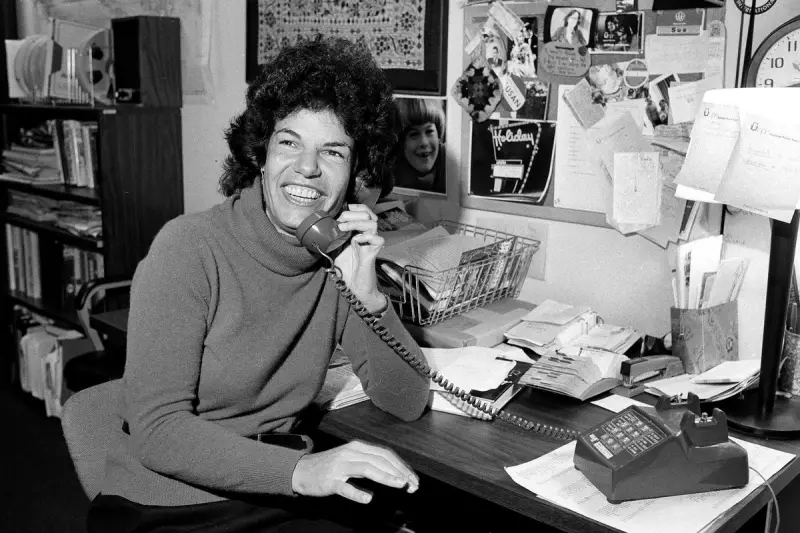
In a disturbing case of online misinformation, National Public Radio pioneer Susan Stamberg has been forced to deny her own death after false reports spread rapidly across social media platforms.
The veteran broadcaster, who made history as the first woman to anchor a national nightly news programme, took to official channels to confirm she is very much alive and continuing her work with NPR.
The Viral Misinformation Storm
Rumours of Stamberg's passing began circulating on various social media platforms, with numerous users sharing fabricated news articles and memorial posts. The false information gained significant traction before being debunked by official sources.
This incident represents the latest in a series of celebrity death hoaxes that have plagued public figures in recent years, highlighting the persistent challenge of combating misinformation online.
A Trailblazing Career in Broadcasting
Susan Stamberg's career with NPR spans decades, during which she has become one of the most recognisable voices in American public radio. Her groundbreaking role as co-host of "All Things Considered" from 1972 to 1986 paved the way for women in broadcast journalism.
Even in her 80s, Stamberg continues to contribute to NPR as a special correspondent, sharing her distinctive reporting style and insightful commentary with listeners across the United States and beyond.
The Growing Problem of Online Death Hoaxes
This incident underscores the alarming prevalence of celebrity death hoaxes on social media. Similar false reports have recently targeted other public figures, causing distress to both the individuals involved and their concerned followers.
Experts warn that such misinformation spreads rapidly due to the viral nature of social media platforms and the emotional impact of celebrity death announcements.
Stamberg's experience serves as a stark reminder for media consumers to verify information through reputable sources before sharing potentially false news online.





